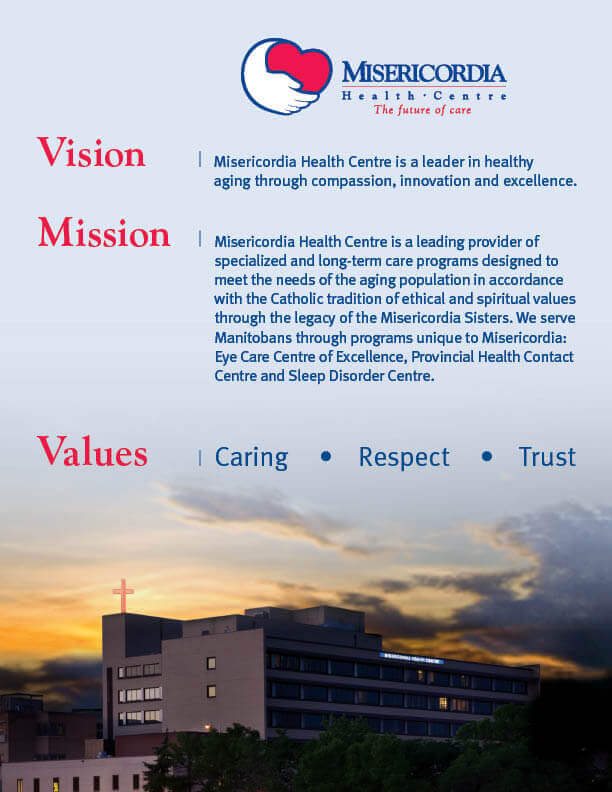After Retinal Detachment
AFTER RETINAL DETACHMENT SURGERY
APRÈS UNE INTERVENTION CHIRURGICALE POUR UN DÉCOLLEMENT DE LA RÈTINE
Medications
- Resume all your medications as soon as you get home.
- Mild pain may be relieved with medication such as Tylenol or extra-strength Tylenol.
- If you become constipated, take a mild laxative.
Vision
- You may have the feeling of ‘something in the eye.’ This is normal. DO NOT rub or
touch your eye. - Improvement in vision varies from person to person and is dependent on several factors.
- Improvement may be slow and can take up to three months. It is normal for your vision
to be blurry after surgery. - You may experience double vision which is normal and will usually disappear.
- You may be light sensitive, especially in the first few weeks. Wear sunglasses or clip-ons outdoors.
- Avoid environments where dust or dirt is blowing, or other possible eye irritants such as smoke filled rooms or strong fumes.
- Your eye may tear a lot. Wipe your eye using a clean tissue each time.
Activities
- If specific positioning is ordered by your doctor you will be instructed what position you should maintain and the number of days required (if air/gas bubble). Positioning should be maintained for 45 minutes out of every hour during the day and night unless instructed otherwise.
- Increase daily activities, as the comfort of your eye permits. Rest your eye often.
- You may read, watch TV, do computer work in moderation.
- You may go for short walks.
- DO NOT DRIVE until advised by your eye doctor.
- You may go for a short drive as a passenger.
- Tape your eye shield over your affected eye at night. Remove eye shield in the morning. You will be required to wear an eye shield at night for two weeks.
- Use cold compresses to the affected eye for 15-20 minutes four times a day. Take a clean face cloth and run it under cold water. Squeeze the face cloth well and lay over the affected eye.
- Do not lift anything over 10 pounds or do any physical work until you check with your eye doctor, e.g. shovelling, yard work, playing sports, gym visits or swimming.
- Do not swim until you have checked with your eye doctor.
- Gently wash around the eye with a clean washcloth and warm water – you may shower but do NOT face the shower head. Do not get soap or shampoo in your eye.
- Do not wear eye makeup for at least six weeks after surgery.
Air/Gas Bubbles
If you have been told you have an air or gas bubble in your eye:
- Do not lie flat on your back until the air or gas bubble is completely gone.
- Do not remove the gas bubble bracelet until gas bubble completely gone.
- Do not travel in an airplane or to high altitudes while air/gas bubble present in the
eye. - Advise all health-care providers before undergoing any surgical or dental procedures.
- Maintain specific position as instructed , (e.g. face down, left side or right side).
Follow up
Please bring all your eye medications to your next eye doctor’s appointment. At your
follow up appointment your eye doctor will advise you of the following:
- When to resume driving.
- When to renew your eye glass prescription.
- If specific positioning is still required.
- When you can resume normal activities/exercise.
Call the eye doctor if…
- You notice increasing redness or swelling of the eye or lining of the eye.
- You notice any green or pus-like discharge from the eye.
- You have severe eye pain not relieved by Tylenol
- You notice a sudden change in your vision
If you are unable to be seen by your own physician or optometrist within 24 hours, Misericordia Health Centre is open 24/7 for eye emergencies (present at Patient Registration through 99 Cornish Avenue entrance) OR visit an Urgent Care Centre OR visit an Emergency Department where a physician will do an assessment of your eye issue and make a referral to an ophthalmologist if required. If you live outside Winnipeg, please visit the nearest health centre.

